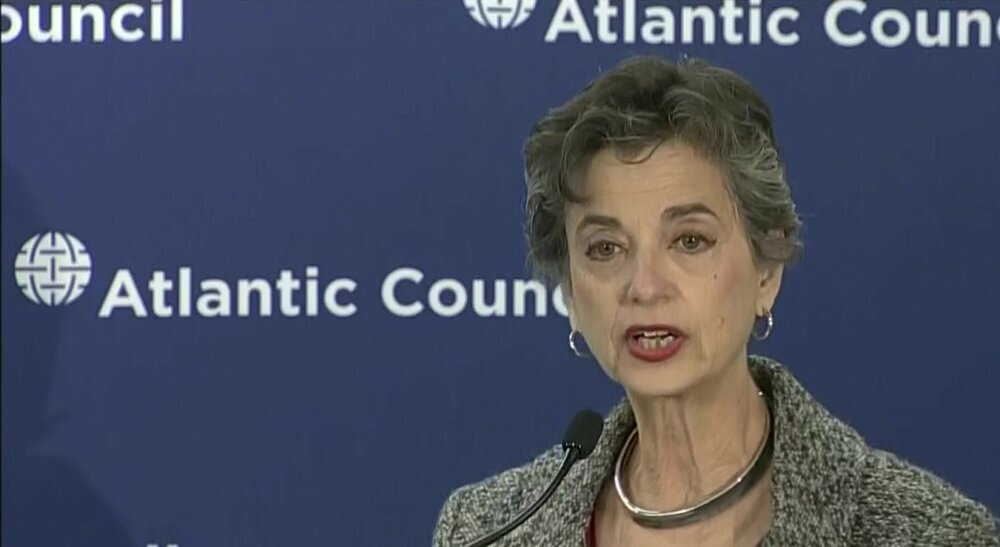By Mohammad Mazhari
TEHRAN - Barbara Slavin, an American foreign policy expert, is of the opinion that a revival of the Joint Comprehensive Plan of Action (JCPOA) can ease tensions in West Asia.
"A resumption of the deal should encourage Saudi Arabia and other Arab states to cool tensions with Iran," Slavin tells the Tehran Times.
"We have already seen talks take place in Iraq and hopefully we will see a resumption of full diplomatic relations," she adds.
On May 10, Iraqi officials revealed that there are ongoing talks between regional arch-rivals Saudi Arabia and Iran to resolve issues between them.
"De-escalation of tensions between the two Muslim countries in the Persian Gulf region is in the interest of both nations and the region," Iranian Foreign Ministry spokesman Saeed Khatibzadeh said in a televised weekly news conference recently.
Apparently, the two countries welcome resolving the issues that have soured relations between Tehran and Riyadh.
Following is the text of the interview:
Q: Some observers believe a deal would be struck at the next round of the nuclear talks that are going to be resumed in Vienna next week, but other European diplomats say "the most difficult decisions lie ahead." What is your prediction?
A: I am not privy to the details of the talks, but it does seem that the Iranian side has slowed them down so that there will be no results before the presidential elections.
Q: Given Israel's fierce opposition to the JCPOA, what will be Israel’s possible reaction to a revival of the deal? A new war or other kinds of crises?
A: Israel has already made its position clear and so has that the Biden administration.
Israel will continue to take some independent action against Iranian infrastructure and will closely monitor Iranian nuclear steps. But I don't think the incoming Israeli government will want to antagonize Biden and so it will keep its concerns private.
Q: What will be the impact of any agreement in Vienna on ties between Iran and Arab countries, especially states like Saudi Arabia?
A: A resumption of the deal should encourage Saudi Arabia and other Arab states to cool tensions with Iran. We have already seen talks take place in Iraq and hopefully, we will see a resumption of full diplomatic relations.
Q: Do you think Washington is capable of controlling Israel not to act unilaterally in West Asia?
A: Israel has considerable autonomy in its actions but does value the relationship with the U.S., so its freedom of movement is not unlimited. Especially after the latest war in Gaza, Israel understands that U.S. Democrats are no longer united in support for Israel and will be critical of Israeli policies toward the Palestinians and toward Iran if they are seen as too aggressive.
Q: How can Americans justify their stance against Iran's nuclear deal under Trump's presidency and reimposition of sanctions when Iran was fully committed to the deal? Isn't such approach based on hegemony?
A: Many Americans opposed Trump's decision which I believe was based more on his wanting to please domestic donors (Christian Evangelicals, right-wing Jewish supporters) than on any objective analysis of the JCPOA. Unfortunately, domestic politics often intrudes on foreign policy - and not just in the U.S.
TAGS


No comments:
Post a Comment